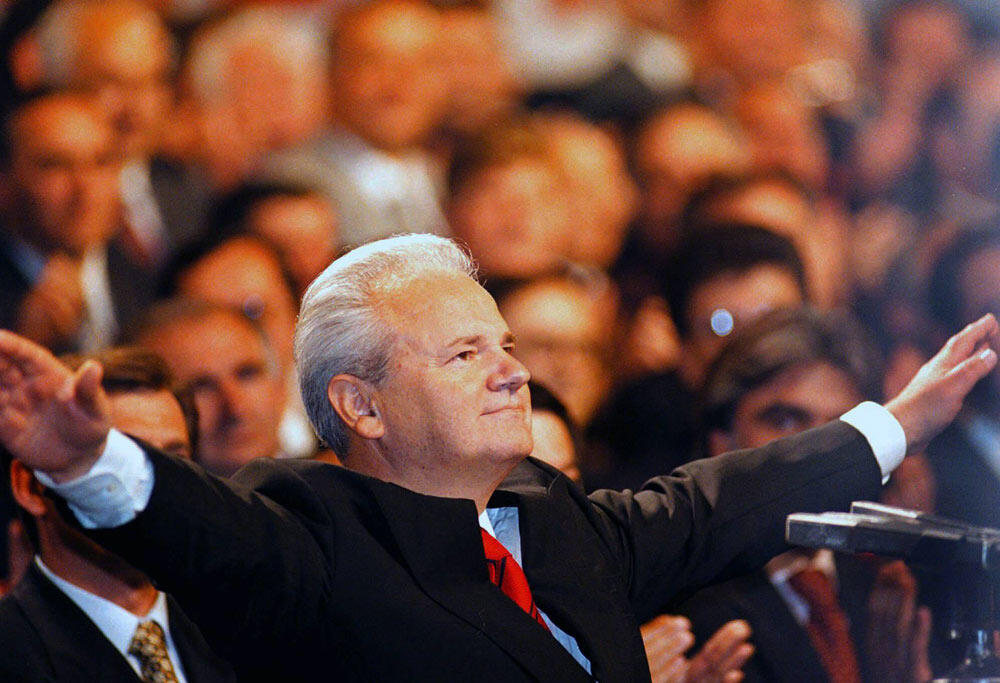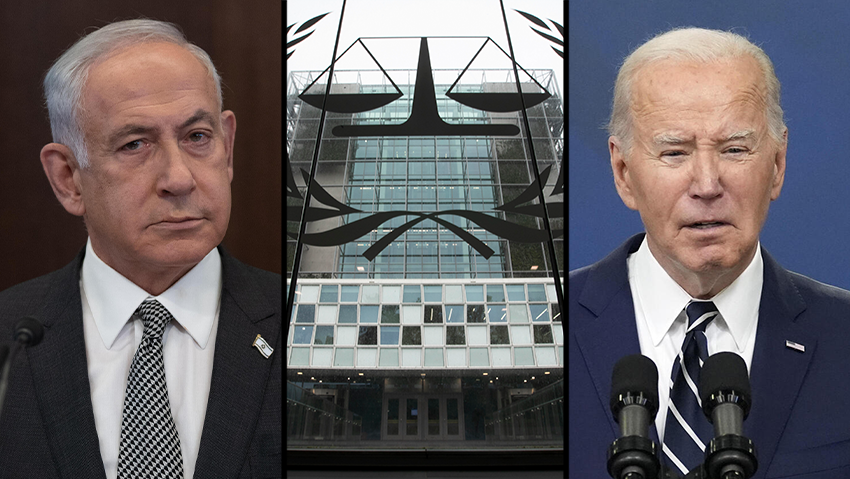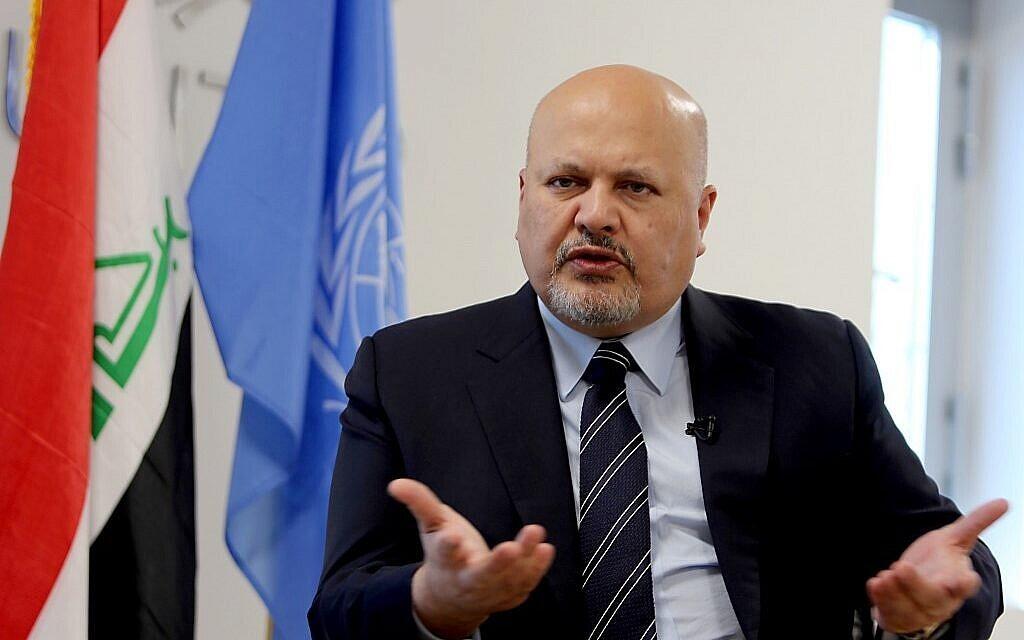Getting your Trinity Audio player ready...
Several months ago, a Washington insider suggested an idea to me: "Make Bibi your Slobodan Milošević." Milošević, the nationalist Serbian leader who played a major role in the Yugoslav Wars and the Srebrenica genocide, spent his final days in a prison cell in The Hague, facing charges of crimes against humanity by the International Criminal Court (ICC), the same body now contemplating arrest warrants for top Israeli officials.
This proposal wasn't an accusation of genocide against Israel or Prime Minister Benjamin Netanyahu, nor a call for his incarceration. Rather, it was a strategic political maneuver: to attribute Israel's wartime errors solely to Netanyahu, initiating a process to cleanse and absolve the nation of its accumulated blemishes. This comes at a time when, just months after the October 7 massacre, Israel finds itself mired in a severe global diplomatic predicament, in desperate need of a way out.
The echoes of the Yugoslav Wars are apparent in the current discourse surrounding the ICC. After Serbia faced international sanctions, it was a Serbian political adversary who handed Milošević over to The Hague, sidestepping local legal procedures in what was deemed a national interest. It appears Netanyahu is well aware of this historical precedent. He faces significant pressure as the ICC considers action.
In response, Netanyahu has recently intensified efforts to push for more humanitarian aid and food supplies to enter Gaza, arguing that these measures might stave off or delay the warrants.
Moreover, in a swift shift from his earlier stance during the war's onset, where he advocated for isolating Gaza, he has been urgently advocating for the reopening of the Erez crossing. "The same person who once urged us to sever all ties with Gaza is now pressing for Erez to be opened as quickly as possible," a senior security official highlighted protested.
On Wednesday, under the intense pressure exerted by Prime Minister Netanyahu, the crossing was opened; a place where Hamas' elite Nukhba terrorists committed some of their atrocities.
Netanyahu's push is so intense that he is taking actions that are of questionable benefit. In recent days, Israel has reached out to U.S. House Speaker Mike Johnson and prominent senators to put pressure on chief ICC prosecutor Karim Khan. There have also been talks of promoting legislation in the U.S. against the court should warrants be issued.
This situation reflects a deep-seated distrust within the American administration. This week, it emerged that Prime Minister Netanyahu had solicited the families of hostages to join the efforts against the ICC warrants. Wednesday night, Barak Ravid of Axios reported that Israel had warned the United States that it would retaliate against the Palestinian Authority, and potentially topple it, should warrants be issued by The Hague.
Netanyahu portrays these potential warrants as a national affliction, and perhaps rightly so. Yet, within the corridors of power and among his own coalition, there's speculation that his actions may be driven by personal concerns about his future. As one insider cynically remarked to me, "Should such warrants be issued, Netanyahu’s global freedom of movement could soon mirror that of Vladimir Putin," referencing the ICC's arrest warrant issued against the Russian president in March 2023 for the invasion of Ukraine.
The possibility of issuing arrest warrants against Israelis marks a perilous juncture, posing risks not only to the individuals involved and to Israel's international standing but also to Israel's entire defense establishment. This includes the reservists who continue to serve in the Gaza Strip and the broader strategy of managing ongoing military engagements.
These are issues that required attention far sooner. Netanyahu’s tendency to delay, ignore and then react with sudden, panicked measures exemplifies his problematic style of management. Regrettably, he has thus far refrained from exerting similar efforts into crafting a viable plan for a Hamas-free Gaza or effectively rallying international support for the release of hostages.






